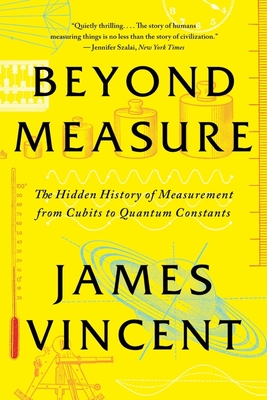Description
While titanium oxides are less popular than carbon nanostructures, they have the marked advantages of low cost and facile synthesis routes that use conventional laboratory techniques and scalable technology; a variety of techniques allow processing of thin and templated layers. Current application areas of titanium oxide nanostructures include dye-sensitised solar cells; the photocatalytic degradation of environmental contaminants; and solid-state lithium batteries.
The second edition of Titanate and Titania Nanotubes consolidates knowledge of the synthesis, properties and application of nanostructured titanates having various morphologies, including tubular and lamellar forms. The book identifies common principles that can be useful in developing approaches to the synthesis of unknown inorganic nanotubes. It also uses molecular dynamic simulation approaches to demonstrate the generic mechanism and driving forces involved in folding of multi-layered nanosheets into nanotubes. Examples illustrate maturing, new and developing applications of nanostructured titanates and titanium oxides and, it pays particular attention to electrochemical applications, including sensors, electrodes for synthesis, energy conversion and photoelectrochemical oxidations for environmental treatment.
Written by leaders in the field, this title will be of interest to students and researchers who experimentally study nanomaterials. Readers will gain knowledge of the methods for synthesising and processing nanomaterials, an understanding of their structure and resulting physical characteristics together with an awareness of their existing and potential applications.
About the Author
Dmitry Bavykin has over 10 years experience of academic aspects of physico-chemical properties of nanostructured materials including photochemistry, photophysics and catalysis. He received an MSc (Chemistry) at Novosibirsk State University in 1995 and a PhD (Chemical Engineering) at Boreskov's Institute of Catalysis, Novosibirsk in 1998. He was awarded a NATO/Royal Society Fellowship in 2002 to study the preparation, characterisation and application of titanium dioxide nanotubes in electrochemistry and catalysis at the University of Bath. Currently, he is a Lecturer in the School of Engineering Sciences at the University of Southampton. His major area of interest is the application of novel, nanostructured materials to renewable energy problems. Professor Frank Walsh has over 30 years experience of academic and industrial aspects of electrochemical materials and processes and he is the author of over 250 papers and three books in the areas of electrochemistry and electrochemical engineering. He holds the degrees of BSc in Applied Chemistry (Portsmouth), MSc in Materials Protection (UMIST/Loughborough) and a PhD on electrodeposition of high surface area (powder) materials from Loughborough University, UK. Professor Walsh is a chartered and registered European Engineer, an international consultant and he leads a research group in electrochemical engineering. Previous positions include Business Development Director (Science) at the University of Portsmouth and Head of the Chemical Engineering Department at the University of Bath. He is currently Professor in Electrochemical Engineering at the University of Southampton and takes a particular interest in fuel cells, surface engineering and nanomaterials as electrode structures.













